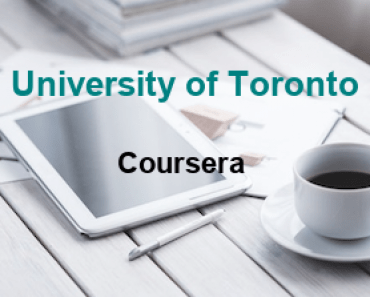Description
Welcome to State Estimation and Localization for Self-Driving Cars, the second course in University of Toronto’s Self-Driving Cars Specialization. We recommend you take the first course in the Specialization prior to taking this course.
This course will introduce you to the different sensors and how we can use them for state estimation and localization in a self-driving car. By the end of this course, you will be able to:
– Understand the key methods for parameter and state estimation used for autonomous driving, such as the method of least-squares
– Develop a model for typical vehicle localization sensors, including GPS and IMUs
– Apply extended and unscented Kalman Filters to a vehicle state estimation problem
– Understand LIDAR scan matching and the Iterative Closest Point algorithm
– Apply these tools to fuse multiple sensor streams into a single state estimate for a self-driving car
For the final project in this course, you will implement the Error-State Extended Kalman Filter (ES-EKF) to localize a vehicle using data from the CARLA simulator.
This is an advanced course, intended for learners with a background in mechanical engineering, computer and electrical engineering, or robotics. To succeed in this course, you should have programming experience in Python 3.0, familiarity with Linear Algebra (matrices, vectors, matrix multiplication, rank, Eigenvalues and vectors and inverses), Statistics (Gaussian probability distributions), Calculus and Physics (forces, moments, inertia, Newton’s Laws).
Price: Enroll For Free!
Language: English
Subtitles: English
State Estimation and Localization for Self-Driving Cars – University of Toronto
TUN Helps Students!
Scholarships
Community
Copyright, 2024 – TUN, Inc

